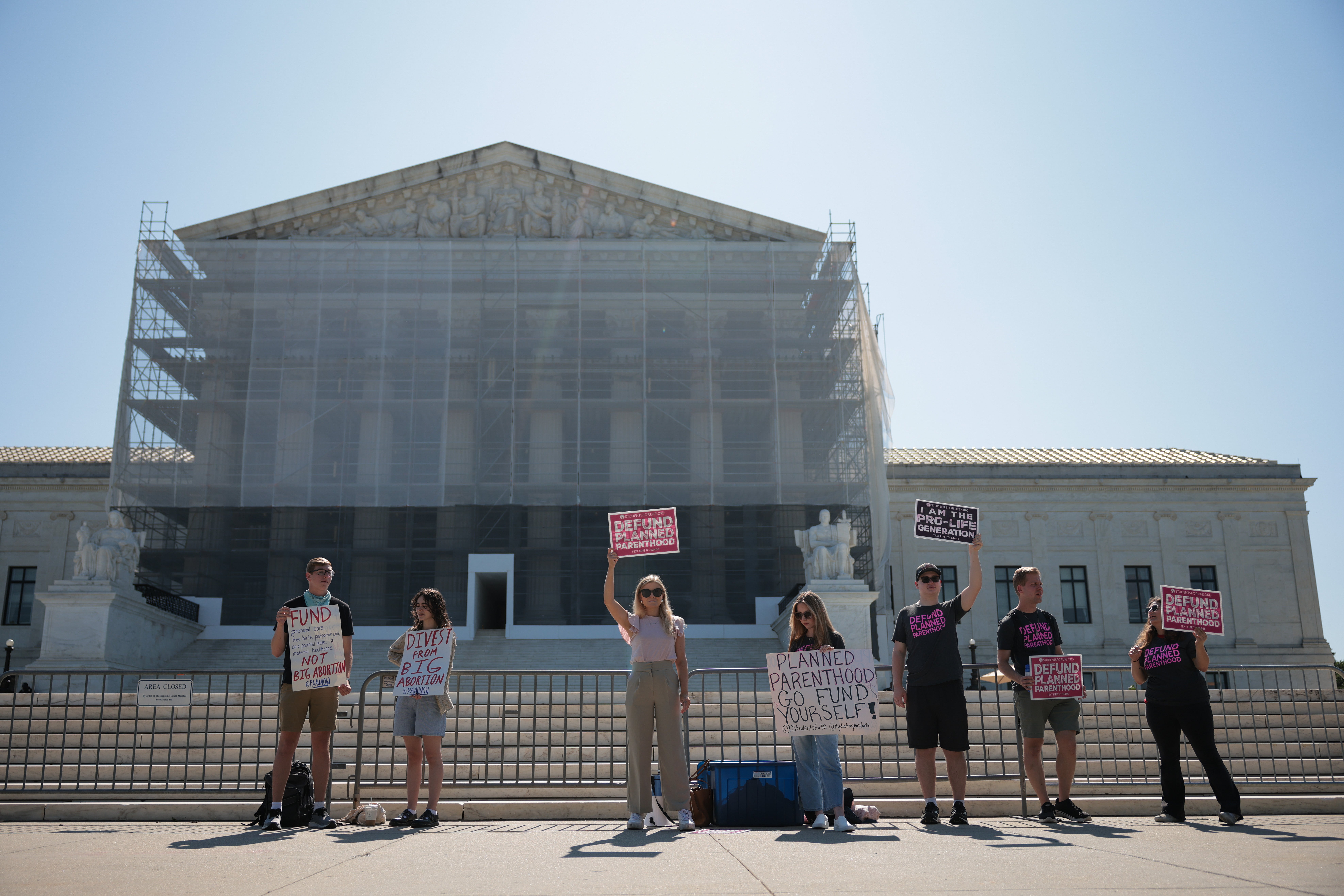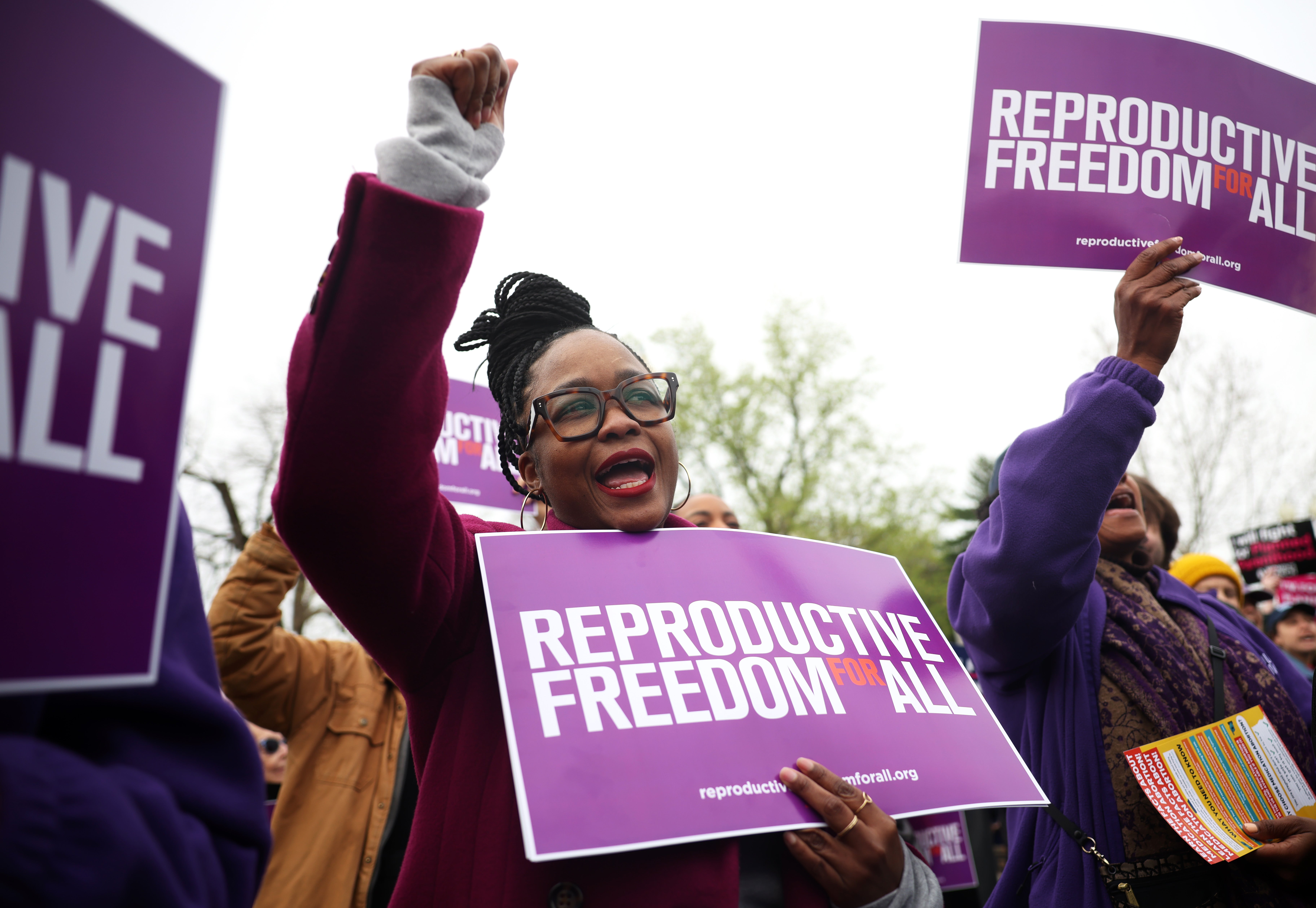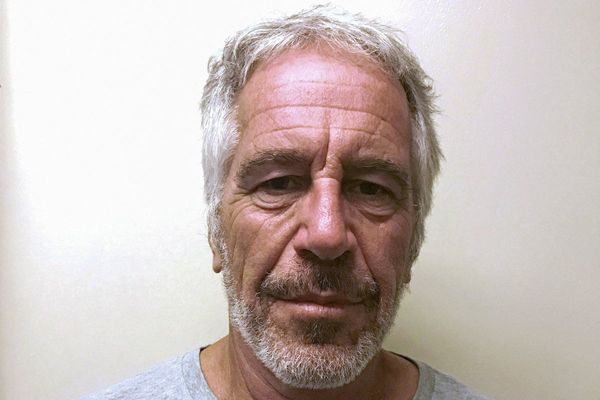
States may cut federal funding to Planned Parenthood, even for non-abortion services, the Supreme Court ruled on Thursday.
In a 6-3 decision, split down ideological lines, the court’s conservative majority sided with South Carolina in a case about whether the state was allowed to remove Planned Parenthood from its Medicare roster.
Now, Medicaid patients in South Carolina who sought affordable reproductive healthcare from one of two Planned Parenthood clinics in the state will no longer be reimbursed through the federal healthcare program.
Although federal Medicare funding is not used to cover abortions, with few exceptions, it does allow for Medicaid patients to seek reimbursements for “any qualified and willing provider” — thus giving patients control over choosing their doctors.
But South Carolina’s Republican governor disputed the rule, saying anti-abortion taxpayers should not be forced to pay for providers who perform abortions.
A group of individual Medicaid patients attempted to sue for the right to choose their medical provider, but the Supreme Court said on Thursday that they do not have the right to bring claims.
South Carolina does not permit abortions after six weeks of pregnancy.
While often characterized as a controversial organization due to its abortion services, Planned Parenthood clinics provide necessary reproductive healthcare services as well as sexual health services and education.
The people in this state do not want their tax money to go to that organization,” South Carolina Governor Henry McMaster said.
Just $90,000 of South Carolina’s Medicaid funding goes to Planned Parenthood yearly.
For more than 10 years, Republican leaders have sought to defund Planned Parenthood, the country’s largest abortion provider, by revoking federal and state funding. Planned Parenthood has served as scapegoat for conservatives in their efforts to restrict abortion across the country by politicizing its healthcare services.
“This case fits within a pattern of antiabortion lawmakers and governors seeking to weaponize their authority and overreach into constitutionally and federally protected spaces to deny not only abortion rights, but any other type of reproductive health care that they themselves personally disagree with,” Michele Bratcher Godwin, a professor at Georgetown’s O’Neill Institute for National and Global Health Law, said in a statement.
Those efforts have been aggressively expedited since the Supreme Court overturned the 1973 landmark case Roe v. Wade in 2022.

Writing for the conservative majority, Justice Neil Gorsuch said federal law indicates private plaintiffs may bring lawsuits only in “atypical” situations when the provision in question clearly gives an individual a right.
“Congress knows how to create clear rights, as [the Federal Nursing Home Reform Act] shows by giving nursing-home residents ‘the right to choose a personal attending physician,’” Gorsuch wrote. “But that is not the law here.”
Medicaid’s “free choice” provision states that “any individual eligible for medical assistance… may obtain such assistance from any institution, agency, community pharmacy, or person, qualified to perform the service or services required… who undertakes to provide him such services.”
Gorsuch says that because people aren’t expressly given the right to choose, it means they do not have such right.
Thursday’s ruling is a win for conservatives who have long sought to stifle access to abortion and other reproductive healthcare services across the country.
Liberal Justice Ketanji Brown Jackson, joined by Justices Sonia Sotomayor and Elena Kagan, said that the majority’s decision was the opposite of what Congress set out to do with the Medicaid free choice provision.

“At a minimum, it will deprive Medicaid recipients in South Carolina of their only meaningful way of enforcing a right that Congress has expressly granted to them,” Jackson wrote in her dissent.
“And, more concretely, it will strip those South Carolinians — and countless other Medicaid recipients around the country — of a deeply personal freedom: the ‘ability to decide who treats us at our most vulnerable,’” she added.
Abortion rights advocates condemned the court’s ruling, saying it deprives people of their right to choose a trusted health care provider.
“Today’s decision favors extremists who’d rather let someone die of cancer than let them get a cancer screening at Planned Parenthood,” Nancy Northup, the president and CEO of the Center for Reproductive Rights.
“The decision will put fuel on the fire of the multi-year campaign to deny Medicaid patients their right to see Planned Parenthood providers” for contraceptive care, testing for sexually transmitted infections and other non-abortion services, she added.
Planned Parenthood faces Medicaid funding challenge at Supreme Court
Multi-millionaire Trump official Dr. Oz reveals he doesn’t know how credit cards work
Supreme Court has 6 cases to decide, including birthright citizenship
Supreme Court's final opinions of the term are coming Friday, Chief Justice Roberts says







